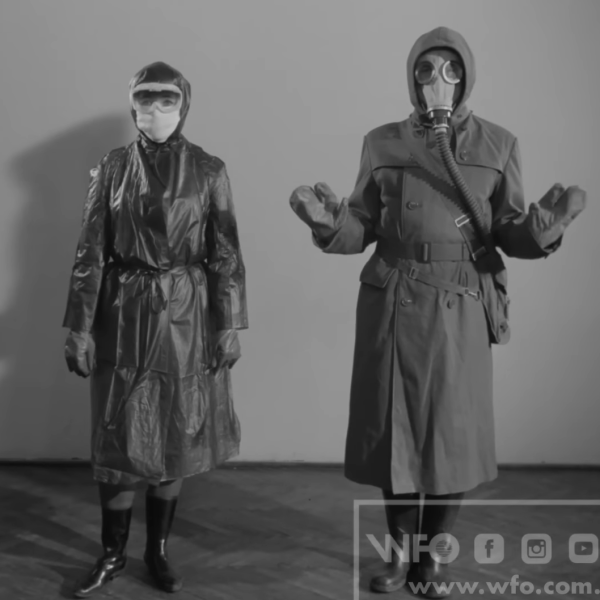The human auditory system is a complex and wonderful thing. One of its most useful features is the ability to estimate the range and direction of sound sources – think of the way people instinctively turn when hearing a sudden loud noise. A team of students have leveraged this innate ability to produce a game of tag based around nothing but sound.
The game runs on two FPGAs, which handle the processing and communication required. The chaser is given a screen upon which they can see their own location and that of their prey. The target has no vision at all, and must rely on the sounds in their stereo headphones to detect the location of the chaser and evade them as long as possible.
The project documentation goes into great detail about the specifics of the implementation. The game relies on the use of the Head Related Transfer Function – a function related to how the ear picks up sounds relative to their position. This allows the FPGA to simulate the chaser’s footsteps, and feed the audio to the target who perceives the chaser’s position purely by sound.
It’s a great example of a gameplay mechanic that we’d love to see developed further. The concept of trying to find one’s way around by hearing alone is one which we think holds a lot of promise.
With plenty of processing power under the hood, FPGAs are a great choice for complex audio projects. A great project to try might be decoding MP3s.
















[one blind person]+[one crazy stalker]=plot for a horror movie.
I had the same thought, that this seemed to be quite a creepy experiment. :)
If you turn it around: [Crazy blind stalker] + [stupid teenagers] = plot to “Don’t Breathe”
Papa Sangre https://en.wikipedia.org/wiki/Papa_Sangre
That actually was…interesting.
Replace the footsteps with the sound of angry bees.
Or, add the sound of clowns laughing to put it over the top.
This would be VR’s killer app.
I really wish I could find it, but back in the xbox 360 Indie market days I found a game on there that had zero graphics. you were caught trying to steal from the king so you’re dropped into his pet monster’s watery dungeon and you have to move around the dungeon avoiding walls and the monster by sound and controller vibration. It was one of the most interesting games I’ve ever played.
I unfortunately can’t think of the name and the 360 indie market is no more and I have long ago put my 360 in storage and canceled my microsoft gold account.
I’d be very interested to know the name of this game, have you been able to find it yet?
Love it!
I want to do something like this but as a programmable sound output device. I think a 300MHz FPGA could do awesome things for a 20kHz sound bandwidth.
Just put stereo highly directional hearing aids of a group of people and let them loose in a feild.
I’ve been thinking about if a similar system could be used as an aid for those with visual impairments, sort of like a silicon version of echolocation. (Might be interesting to set up something on a VR simulator to test how useful it is.)